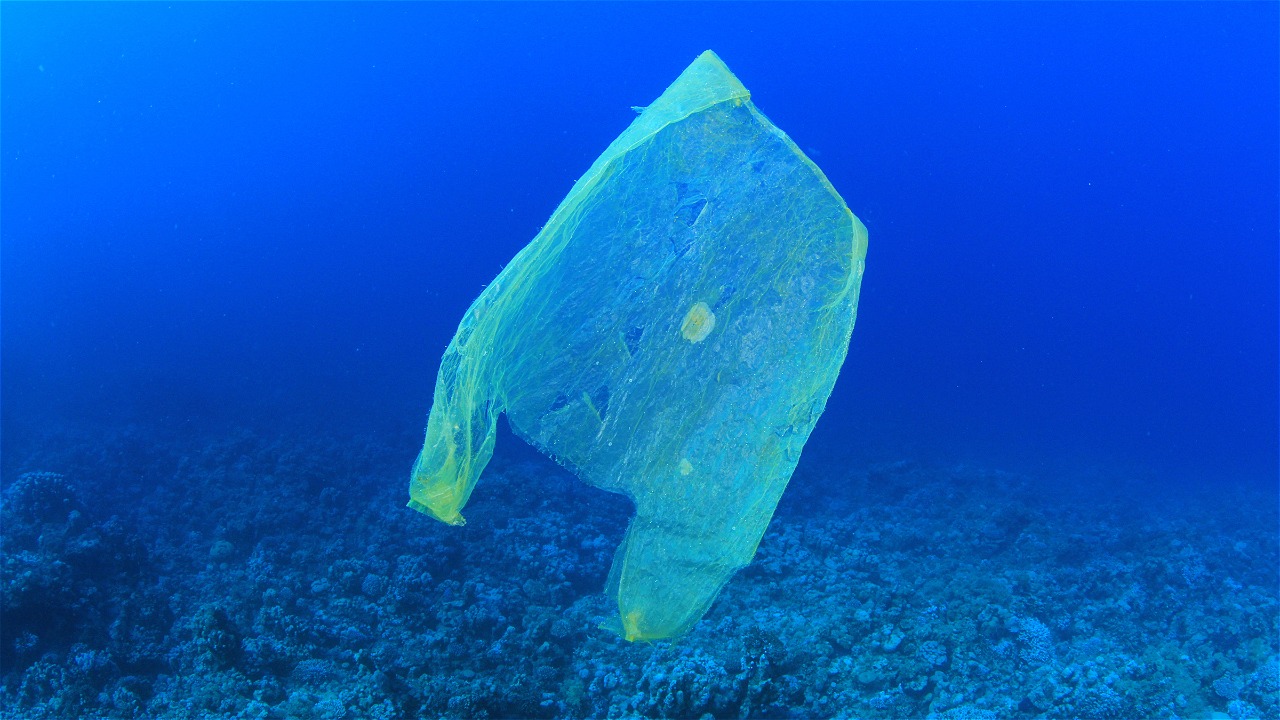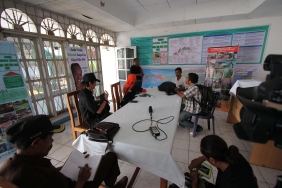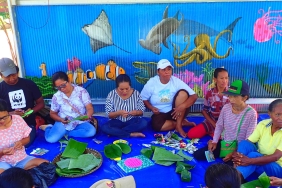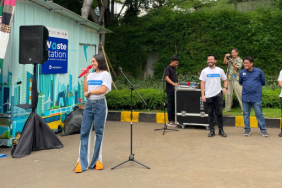PUSH ON FOR END TO PLASTIC BAGS IN JAKARTA
No more plastic bags by next year? That’s the city administration’s new plan to help save the capital from environmental destruction.
Governor Fauzi Bowo on Monday said an agreement would be signed this week with the Indonesian Chamber of Commerce and Industry (Kadin) to reduce the use of plastic bags at stores across Jakarta.
He said the city would also cooperate with the Association of Indonesian Retailers (Aprindo) to promote shopping bags made from recycled materials.
Edi Kuntadi, head of Kadin’s Jakarta branch, said Kadin had already asked the governor to instruct PD Pasar Jaya, the city-owned market operator, not to use plastic bags in their trading activities.
“The most important thing about the plan is the end result,” Edi said. “Not using plastic bags is for the environment’s sake.”
Kadin will present the plan at its leadership meeting later this month, promoting the concept in the hope that Jakarta will be free of plastic bags by 2011.
“It is better if people are encouraged to bring their own bags when they go shopping. That way, plastic bag usage can be reduced starting now,” Edi said.
While noting that some supermarkets already sold environmentally friendly reusable bags, Edi said consumers tended not to buy these, opting instead for free plastic bags. But he said that instead of the cost, people should be more concerned about the future impact of environmental degradation, especially on public health.
Plastic bag bans have gained traction around the world in recent years. In 2003, Ireland put a hefty surcharge on plastic bags at grocery stores, and in 2007 San Francisco became the first city in the United States to ban the bags outright.
Djangga Lubis, president director of Pasar Jaya, said he supported the plan, but added that thought must be given to the welfare of the companies that manufactured plastic bags.
“We must also prepare a solution for the plastic producers and society, not just cut usage straight away,” he said.
According to Iwan Henry Wardana, from the city’s sanitation office, Jakarta produced up to 6,500 tons of garbage a day. Some 44 percent of that waste was inorganic waste, of which 13 percent was plastic.
Ubaidillah, executive director of the Indonesian Forum for the Environment (Walhi), said that the city administration should put sanctions in place to discourage the use of plastic bags.
“The governor must dare to realize the plan. If there is a commitment to reduce plastic bags, there should also be punitive action from the government,” Ubaidillah said.





